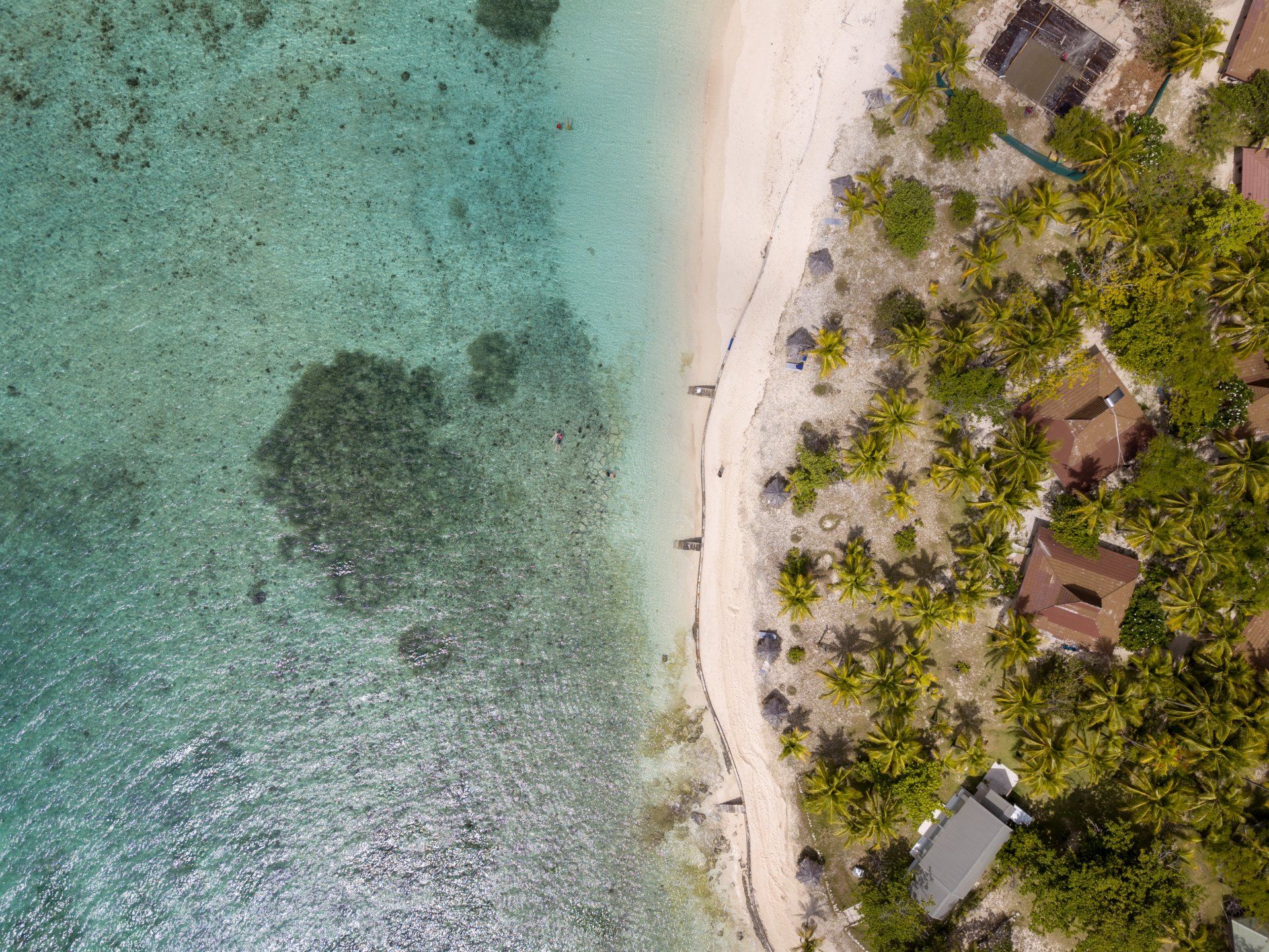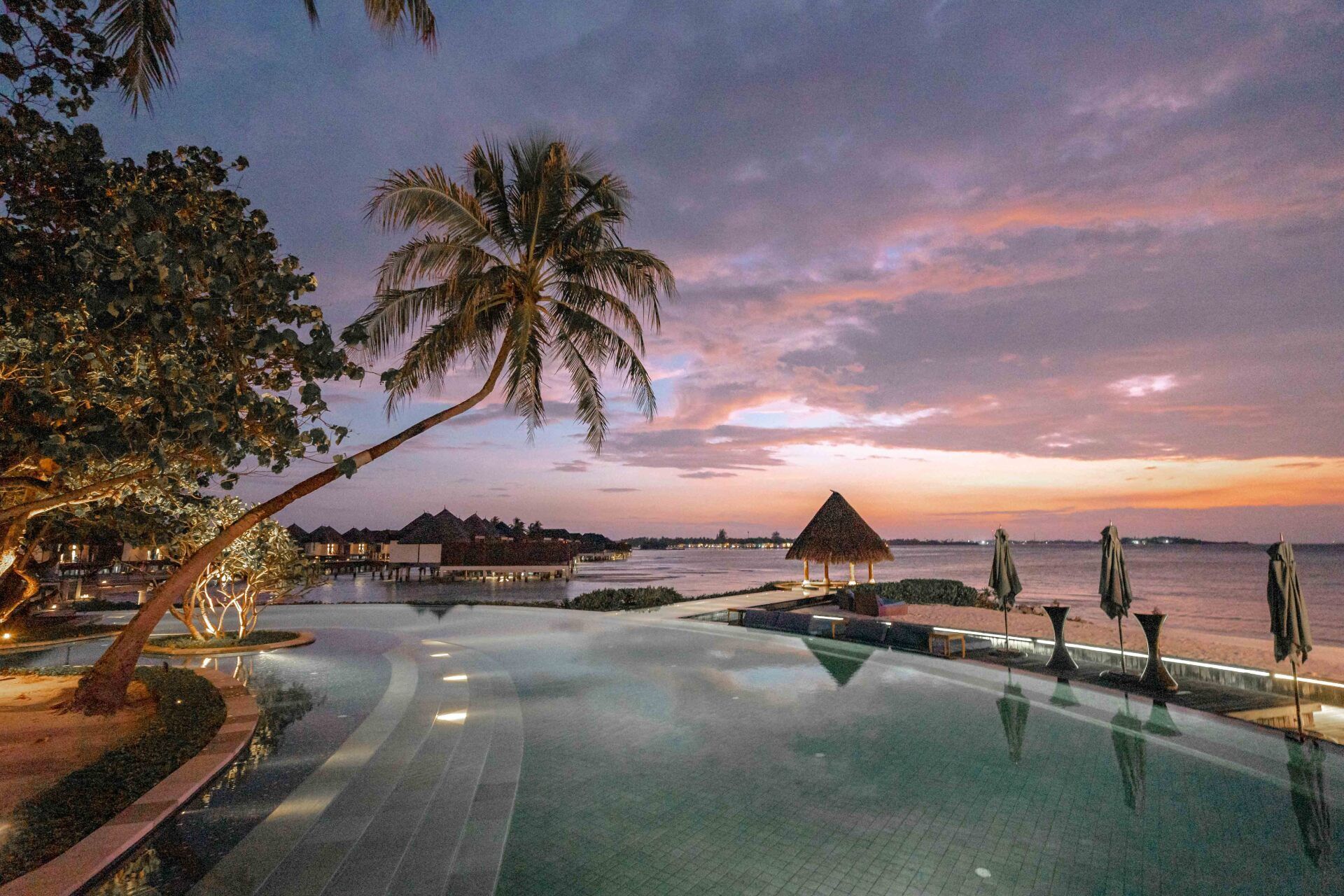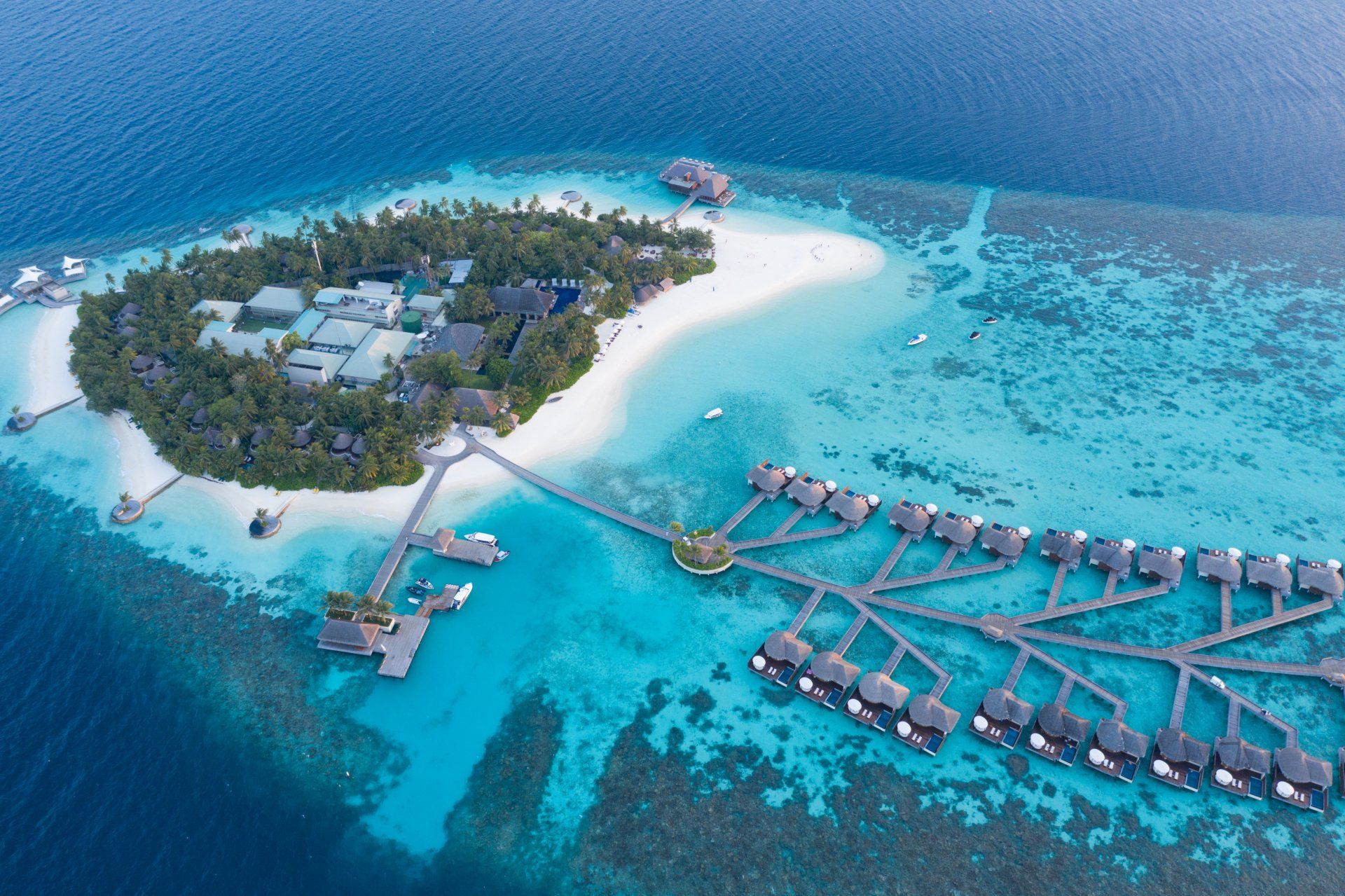Welcome in Fiji
Weather and climate
Fiji enjoys a tropical climate with warm temperatures year-round. The dry season runs from May to October, characterized by cooler temperatures and less rainfall, while the wet season occurs from November to April, with higher temperatures and occasional heavy rainfall.
Accommodations
Popular accommodations in Fiji include luxury resorts, beachfront hotels, and boutique villas. Some popular locations to stay include Denarau Island, Coral Coast, and the Mamanuca Islands. Luxury resorts like Likuliku Lagoon Resort and Yasawa Island Resort offer exclusive experiences, while budget travelers can find affordable accommodations in guesthouses and backpacker hostels.
Travel advice and safety
Fiji is generally safe for tourists, but it's essential to take precautions against petty theft and natural hazards like strong currents and cyclones. Respect local customs and culture, dress modestly when visiting villages or religious sites, and be mindful of environmental conservation efforts.
Activities and attractions
Key attractions in Fiji include snorkeling and diving in the Great Astrolabe Reef, exploring the lush landscapes of Taveuni Island known as the "Garden Island," visiting traditional Fijian villages for cultural experiences, and enjoying water sports like kayaking and surfing in the Yasawa Islands.
Local cuisine and restaurants
Fijian cuisine features fresh seafood, tropical fruits, and flavorful spices. Recommended eateries include "Nadina Authentic Fijian Restaurant" in Nadi for authentic Fijian dishes like kokoda (marinated raw fish) and lovo (earth oven-cooked meats), and "Mamacita Mexican Restaurant" in Suva for a fusion of Fijian and Mexican flavors.
Transport
Taxi fares in Fiji vary depending on the distance traveled and the island. In urban areas like Nadi and Suva, taxi fares start at around FJD $5-10 for short trips. Public transportation options include buses and minibusses (known as carriers), with fares ranging from FJD $1-3 for short journeys.
Currency and payment
The currency used in Fiji is the Fijian Dollar (FJD). Credit cards are widely accepted in hotels, restaurants, and larger stores, but it's advisable to carry cash for purchases in rural areas and at local markets. ATMs are available in major towns and tourist areas.
Language and communication
English is the official language of Fiji and widely spoken, along with Fijian and Hindustani. Learning a few Fijian phrases such as "bula" (hello) and "vinaka" (thank you) can enhance your interaction with locals and show respect for their culture.
Culture and local customs
Fijian culture places a strong emphasis on respect and community. When visiting villages, it's customary to bring a gift of kava (a traditional drink) and participate in a sevusevu (gift-giving ceremony). Removing hats and shoes before entering someone's home is a sign of respect.
Packing list
When packing for Fiji, include essentials such as lightweight clothing, swimsuits, reef-safe sunscreen, insect repellent, a reusable water bottle, snorkeling gear, and a waterproof camera. It's also advisable to pack a hat, sunglasses, and a sarong or cover-up for visiting villages or religious sites.
Budgeting
The average daily budget for a mid-range traveler in Fiji ranges from FJD $200 to $400, covering accommodation, meals, transportation, and activities. Luxury travelers can expect to spend upwards of FJD $500 per day, while budget travelers can find cheaper options, especially when staying in guesthouses or backpacker hostels.
Health and medical facilities
Medical facilities in Fiji are available in urban centers like Suva and Nadi, with hospitals and clinics providing a range of services. Major medical centers include the Colonial War Memorial Hospital in Suva and the Lautoka Hospital in Lautoka. It's advisable to have travel insurance that covers medical emergencies.
Travel tips and recommendations
When visiting Fiji, respect local customs and traditions, including dress codes when visiting villages or religious sites. Take precautions against sunburn and dehydration, especially when engaging in outdoor activities. Explore the diverse islands of Fiji to experience different landscapes and cultures.
Emergency contacts
In case of emergencies, dial 911 for police assistance and 910 for medical emergencies in Fiji.
Internet and communication
Major mobile network providers in Fiji include Vodafone Fiji and Digicel Fiji, offering prepaid SIM cards and mobile data plans for tourists. WiFi is available in most hotels, resorts, and cafes in urban areas and tourist destinations.
Submit your travel inquiry here
Thank you for contacting us.
We will get back to you as soon as possible.
We will get back to you as soon as possible.
Oops, there was an error sending your message.
Please try again later.
Please try again later.







